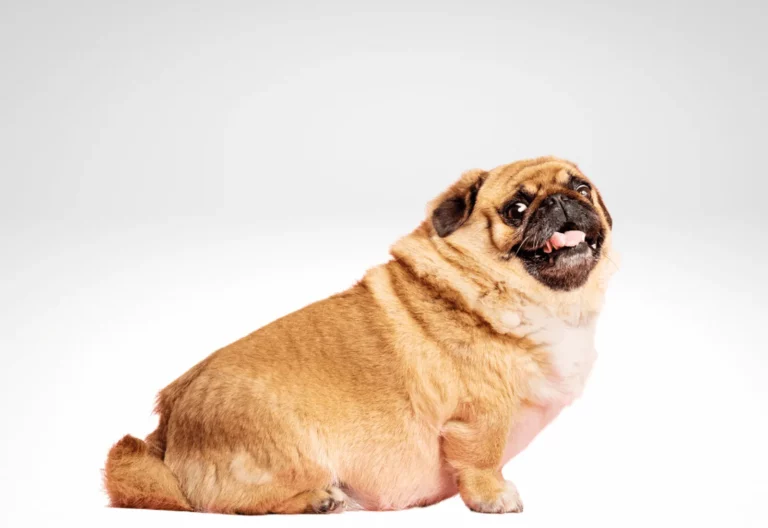
How To Help Your Overweight Pet
Many people don’t realise that they have an overweight pet until it is pointed out by their vet. Find out what you can do about it.

Many people don’t realise that they have an overweight pet until it is pointed out by their vet. Find out what you can do about it.
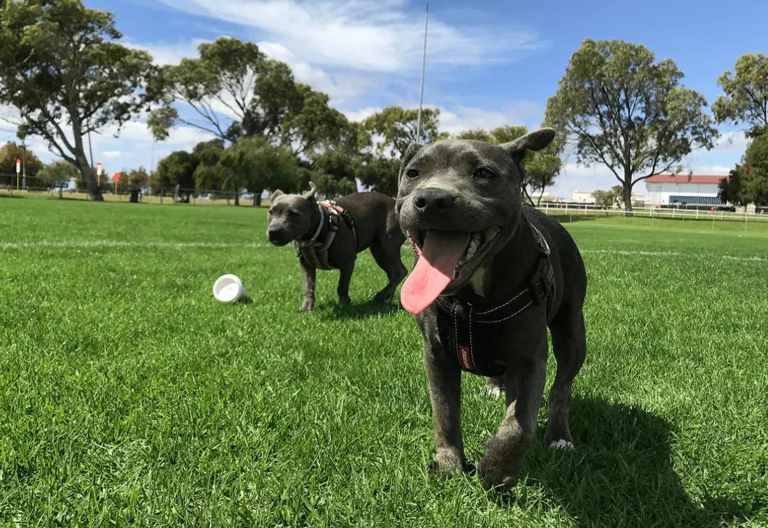
In this blog we’ll discuss the different types of intestinal worms in dogs, how dogs get worms, common symptoms and treatment options.

Understanding the signs of anxiety in dogs is important as the sooner you can address the situation causing the anxiety, the better the outcome.

Dental care is fundamental to keeping your cat or dog healthy, but its importance is often overlooked. And with approximately 80% of dogs and cats over the age of 3 suffering from some level of dental disease, odds are that your pet will end up with dental issues at some stage of their life. What is dental disease? A common misconception is that dental disease will not only affect your pet’s teeth. Dental disease – also known as periodontal disease – is caused by a build-up of bacteria in your pet’s mouth. Without preventative care or treatment by your vet, plaque and tartar can build up, and end up spreading to the gums and tissue surrounding the teeth. This can lead to serious illness which can have a significant impact on your pet’s life and even become life-threatening. Signs of

Flat-faced dogs – known as brachycephalic dogs – are a popular choice as a pet in the Bayside area, thanks to their sweet and loyal nature and oh-so innocent faces. But with their short noses and smaller airways, they are unfortunately prone to breathing issues, especially in warmer weather. If you have a brachycephalic dog – such as a boxer, bulldog, pug or shih tzu – it’s really important that you take extra care of them in the heat of summer. Why can a brachycephalic dog struggle in the summer heat? With their short muzzles, brachycephalic dogs aren’t very efficient at panting. This means that in hotter weather, they can overheat quite quickly. When it’s hot, dogs with a longer nose and more conventional face use panting to good effect, cooling themselves down quite efficiently. The shorter nose and smaller
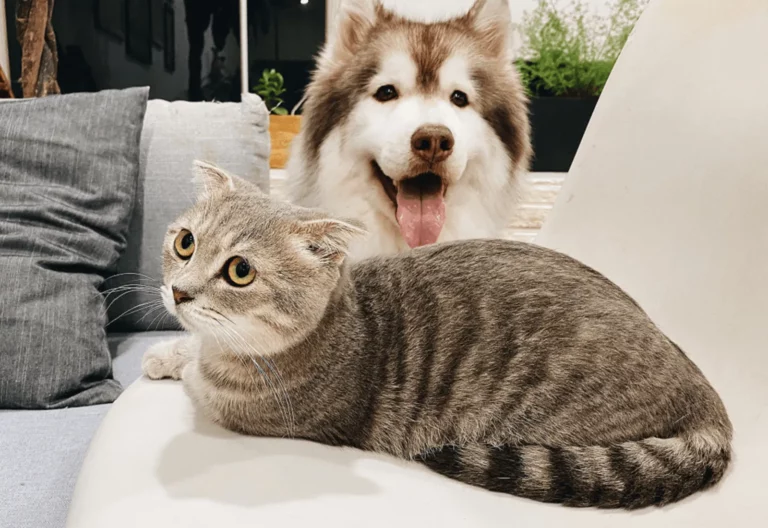
Vaccinations are an important part of protecting your pets against a range of life-threatening illnesses. By vaccinating your cat, dog or rabbit, you’re giving them the best chance of living a long and healthy life. There’s a lot of information (and misinformation!) when it comes to vaccinations for pets, so we thought we would compile a list of FAQs – and the answers of course! Why do pets actually need vaccinations? Many diseases that can affect dog, cats and rabbits are incredibly infectious. While puppies and kittens receive immunity to a range of diseases through their mother’s milk, once they reach about 4-6 weeks of age, they can start to become vulnerable to infection. Vaccines help to stimulate your pet’s immune system and prevent future infections from diseases. Without vaccination, your pet is significantly at risk of developing illnesses that
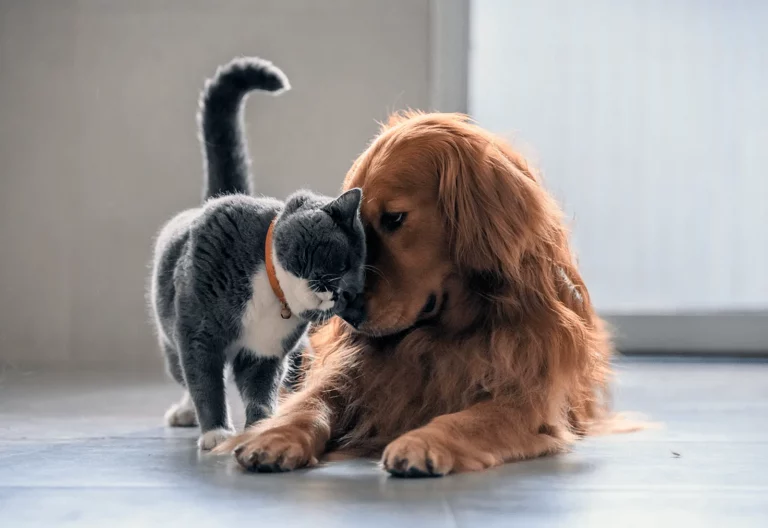
While having surgery performed on your precious cat or dog – especially when they are young – may seem a little confronting at first, desexing is a very common and safe procedure, with minimal risks involved. If you don’t intend to breed your cat or dog, we strongly recommend that you desex your pet. Benefits of desexing your pet Desexing your cat or dog prevents unwanted pregnancies, but also offers many benefits for both male and female pets. Desexing male pets Neutering male pets offers a number of health and behavioural benefits, including: Desexing female pets When a female cat or dog is desexed (also known as spaying), their risk of developing a number of serious health issues is significantly reduced. When should my pet be desexed? The timing of desexing can vary depending on the sex and breed of
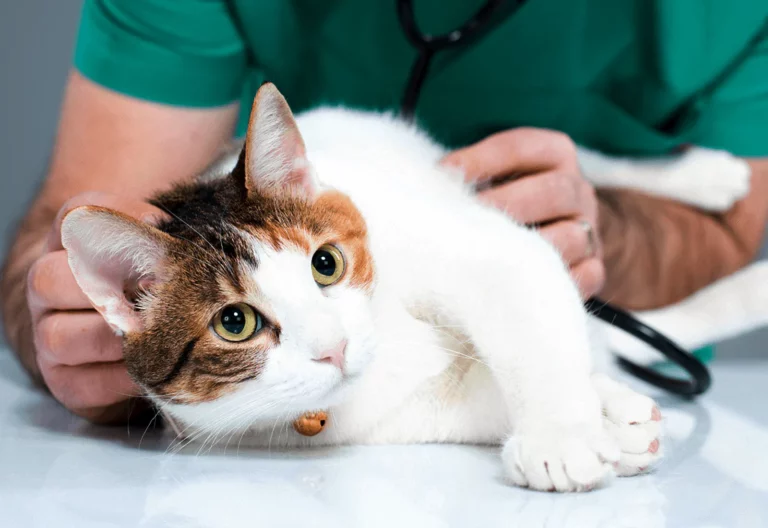
Even if your pet seems perfectly healthy, it is still important to book in that annual health check with your vet. Dogs and cats are living longer than ever before, so it’s crucial that the beginnings of any health issues are detected before they become serious. What happens during an annual health check for your pet? Regular check-ups are the best way to make sure your pet is in top shape. During the appointment, your vet will undertake a thorough physical examination. They will check your pet’s eyes and ears, take their temperature, and listen to their heart and lungs. They will also feel for any abnormalities in the lymph nodes, legs, and abdomen, as well as having a good look at their coat and skin to check for any signs of irritation or lumps and bumps. A dental check
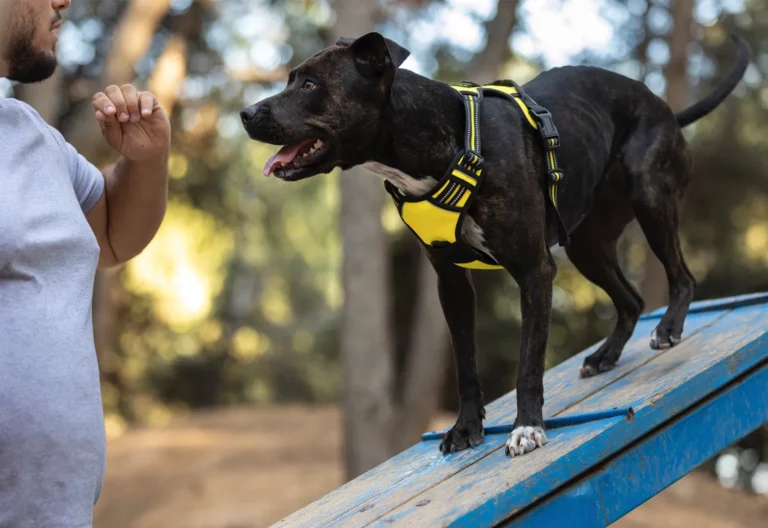
Tricks are a great way to have fun with your dog and keep them entertained. They can also be a subtle way to teach obedience to your dog, and stop bad habits like jumping up. Here are a few simple ones to work on after they’ve mastered ‘sit’ and ‘stay’. Roll over The key is to move and position a treat in a way that intuitively gets your dog to roll over. You need to keep the food very close to your dog’s body, and move it backwards over the neck and shoulders so your dog follows the movement. It’s important to repeat the command ‘roll over’ throughout, to make sure they associate the trick with the words. Bang A funny trick, enjoyed by adults and children alike, is getting your dog to play dead when you point your hand

You wouldn’t be crazy to think that everywhere you look there seem to be overly plump pets struggling under their own weight. The fact is that 25-30% of cats and dogs are now overweight. The causesPets are eating too much and exercising too little. The overeating is usually a symptom of diabolical puppy dog eyes and the melting hearts of pet owners. Getting your pets exercise can be especially difficult. The resultsOverweight pets have a shorter lifespan. Additionally, they are much more at risk of health issues, such as: diabetes (especially cats), arthritis, cardiovascular disease and pancreatitis. Is my pet overweight Healthy weight: Overweight: Weight reduction strategies Diet No extra food What food? They’re healthy. What now? Exercise Dogs Cats Healthy puppies Obesity in pets often starts when they are very young. If animals develop too many fat cells whilst in

Chocolate is no friend to your dog! No matter how much they beg, giving chocolate to your canine is very unhealthy for them. To be extra safe you should always keep your chocolate treats hidden and out of reach of your mischievous dog. Why do dogs get sick from chocolate? Chocolate contains theobromine and caffeine, which are poisonous to dogs. The effects are worsened by how quickly dogs eat, especially puppies! Meaning they can have finished an entire cake before they even start feeling sick. The poison causes a rapid and weak heart beat, constricted blood vessels, and stimulates the nervous system. The most dangerous types of chocolate to dogs is dark and cooking chocolate, but semi-sweet chocolate, milk chocolate and hot chocolate are also poisonous to some degree. Basically the higher percentage of cocoa the worse off the dog.How
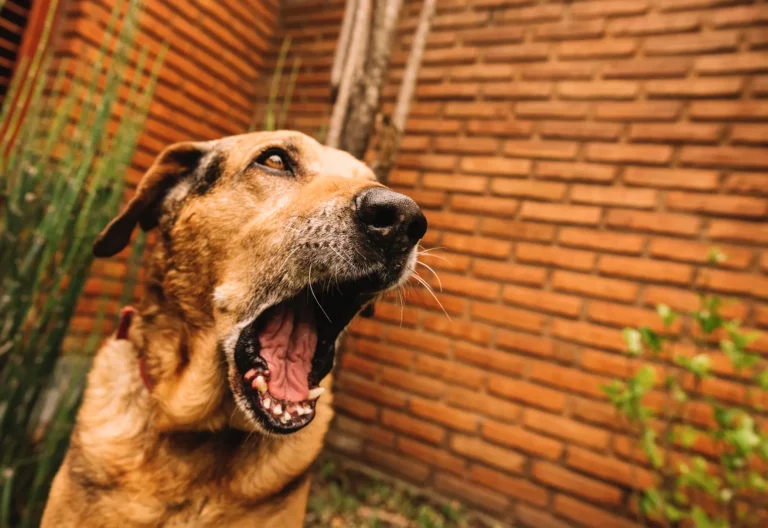
Excessive barking is a very common problem for dog owners. Most of the time dogs are just protecting their territory, feeling a bit anxious or just want your attention. Dogs are very social animals and can easily feel lonely. Punishment-based methods are not a solution for barking. When your dog is excited enough to bark, they are often too distracted to learn new behaviours. It is better to first focus on calming your dog down, and then reward the calm behaviour. Reduce stimuli React quickly Reward good behaviour If you have a persistent barking problem with your dog just make an appointment with us at the Moorabbin Veterinary Hospital. We can give your furry friend a quick check up to make sure nothing physical is bothering them and offer personal advice as to how to deal with any separation anxiety issues.